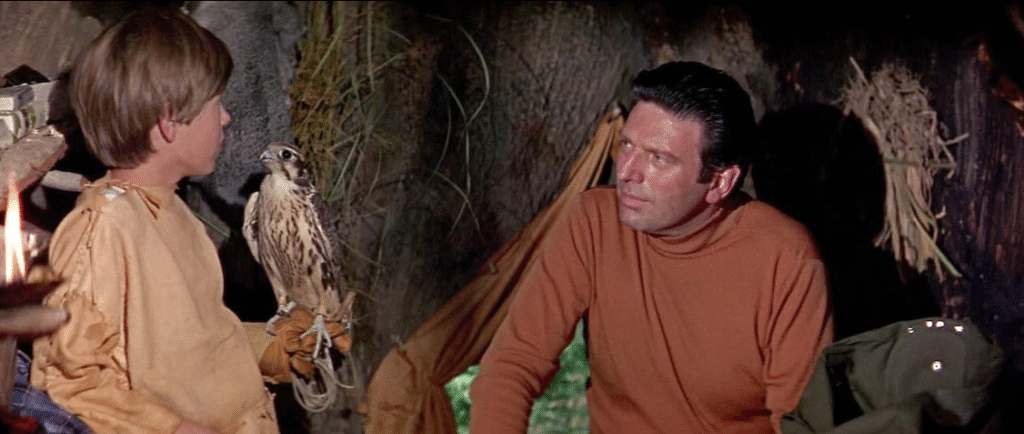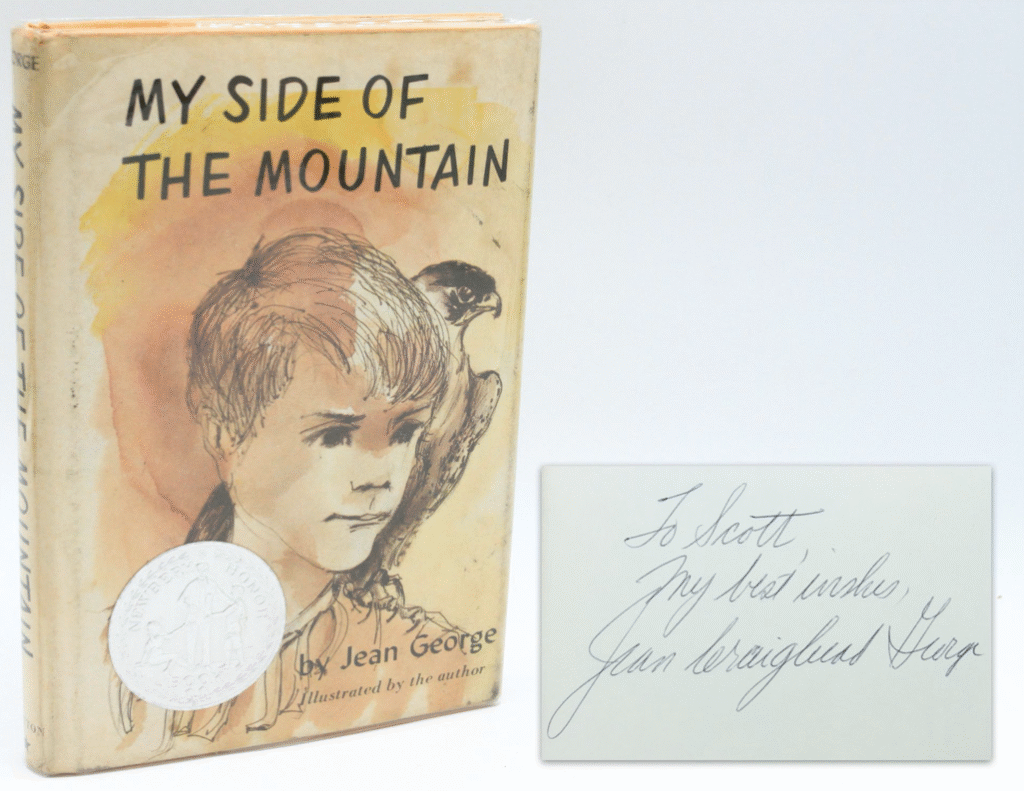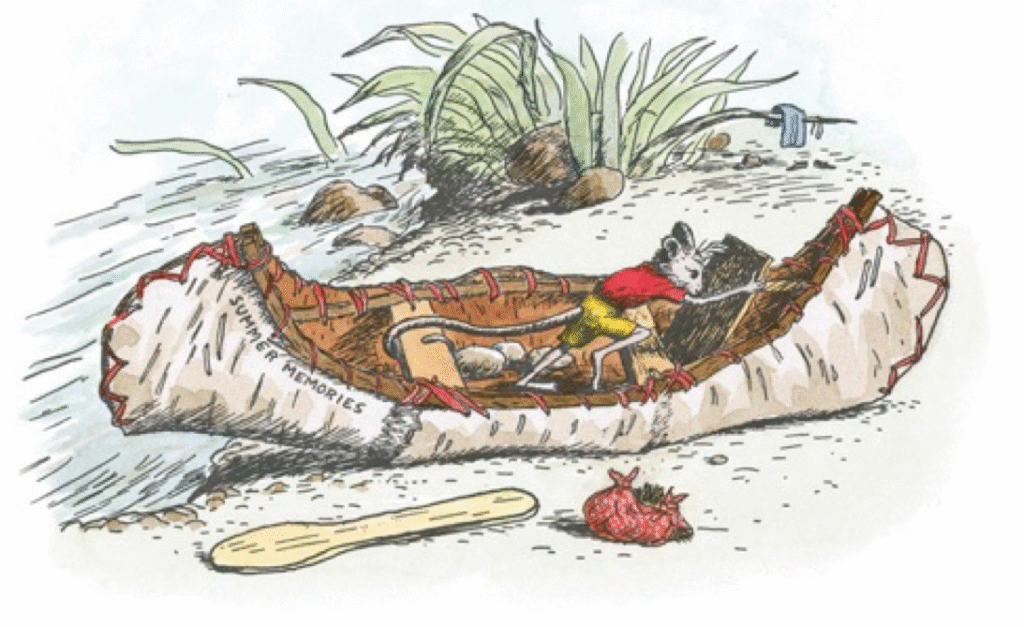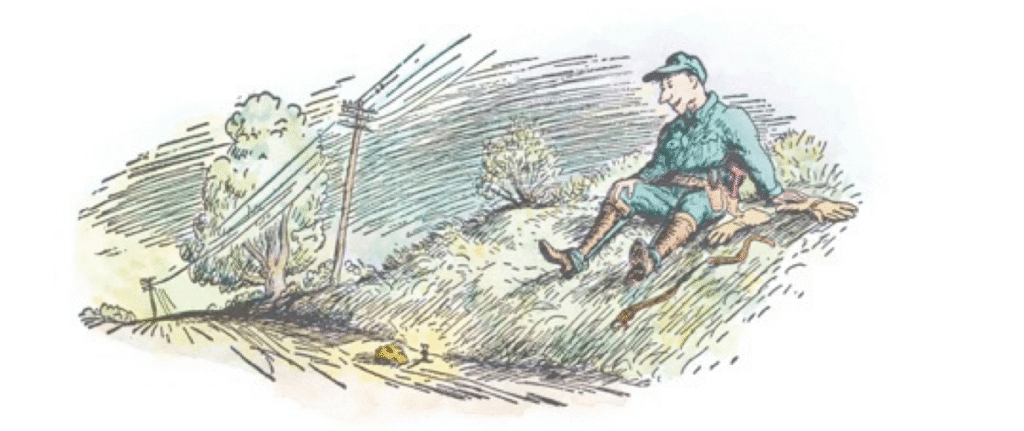ISAAC ZHANG

Prompt: Read from 74-85 and write about Bando entering Sam’s life. Quote dialogue, and track their meeting from their becoming comfortable with each other, to Bando’s expressing admiration for Sam, to their working together and enjoying the fruits of their labor together. Use quotes, and discuss the human connection in contrast to the many months Sam has ahead of him alone. 250-300 words

Sam and Bando become friends with each other when Bando randomly appears at Sam’s campfire, and as they slowly get to know each other, they share their past and deepen their bond. Sam originally believes that Bando is a bandit, but still shows kindness, “teaching him to live off the land”, (78). Sam is willing to take in an outlaw and help him escape because he wants Bando as a friend, a human that he can connect and live with. While Sam is sheltering Bando, Bando expresses his amazement at Sam’s skills, expressing shock at his abilities to make fire and live in the wild. He is confused by a teenager living all on his own in the forest, with no guardians. And as Bando teaches Sam some of his skills, the two childishly talk about books and relax, watching Frightful fly around. Sam greatly values these little interactions where he has someone to talk to. He forgets his past where his only companion was Frightful, who he couldn’t really talk to, having to communicate without words. He relishes in human interaction and when Bando leaves, he is devastated, even over someone he knew for such a short time, showing his deep care and kindness, and the bond they created over such a short time. “I was so lonely that I kept sewing on my moccasins to keep myself busy” (Pg. 84). Over the few months that Sam is alone he has to make friends with either rodents or birds, not having anyone to really connect with.











